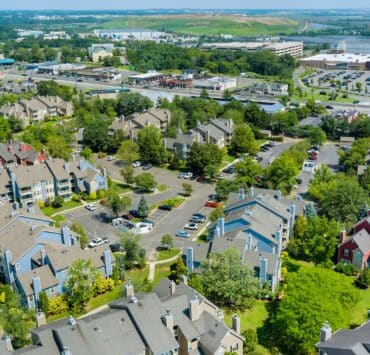The prospect of NYCHA funding under Trump’s administration raises significant questions about the future of New York City public housing. As Donald Trump prepares for another term in office, housing policy experts are bracing for potential changes—ranging from budget cuts and privatization to stricter rules for noncitizens. These shifts could deeply impact the 177,000 apartments managed by the New York City Housing Authority (NYCHA).
Budget Cuts: A Strain on Public Housing
NYCHA funding under Trump is expected to face renewed challenges, particularly in the form of budget reductions. During Trump’s first term, proposals for billions of dollars in cuts to public housing were a recurring theme. One significant initiative included eliminating a $3.5 billion fund allocated for major repairs nationwide.
With NYCHA already grappling with a $78 billion maintenance backlog, further reductions could exacerbate issues like lead paint remediation, heating system upgrades, and elevator repairs. According to Nicholas Bloom, a Hunter College professor and expert on NYCHA, “One would have to be an extreme optimist to think the budgetary situation of subsidized housing is getting better.”
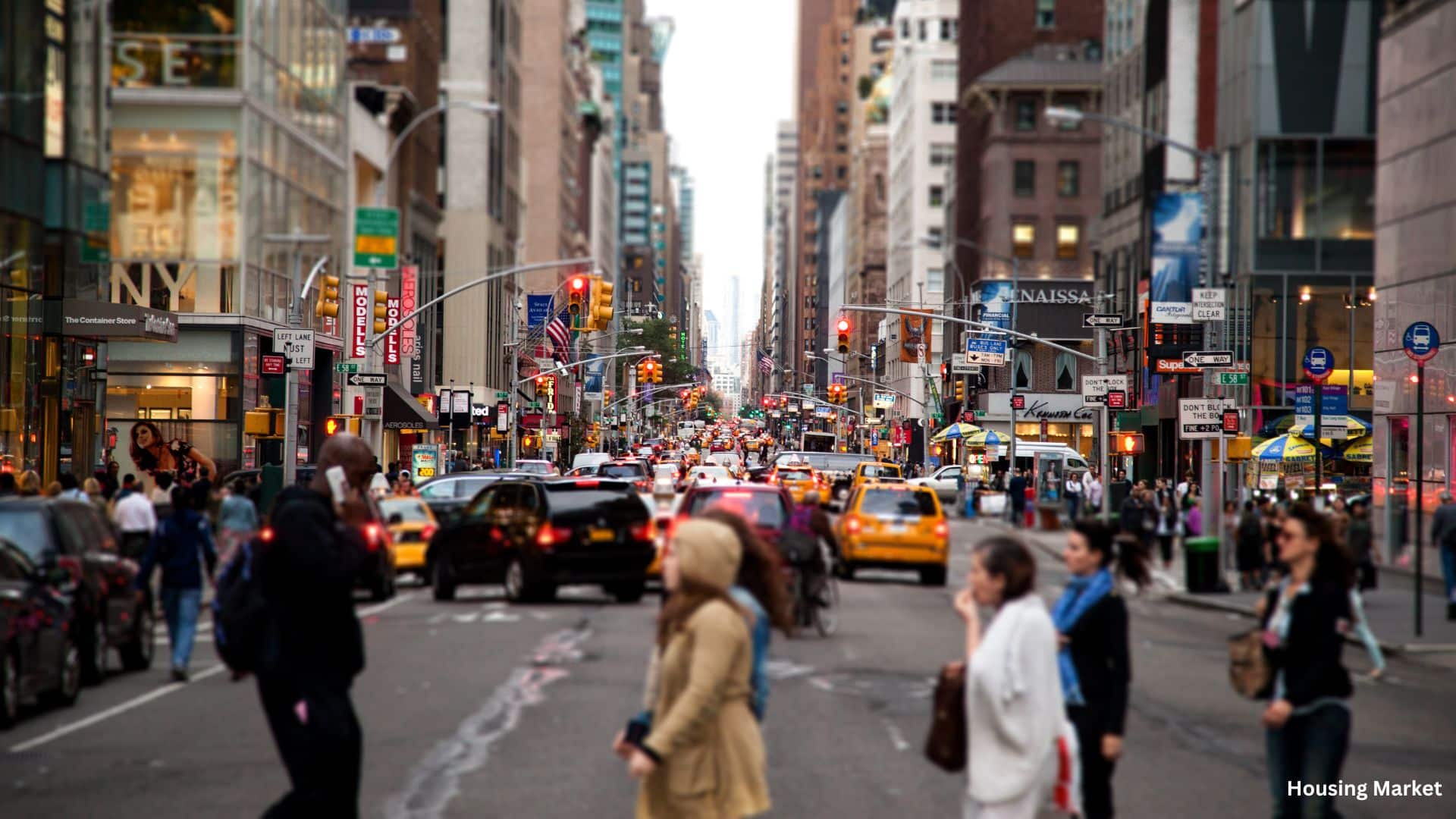
Changing Rules for Noncitizens
A notable area of concern is the potential implementation of stricter eligibility requirements for NYCHA residents. Project 2025, a conservative policy agenda linked to Trump’s administration, includes proposals to bar noncitizens from federally subsidized housing. This echoes an earlier attempt during Trump’s first term that was ultimately withdrawn after significant pushback.
If enacted, such policies could displace thousands of NYCHA residents, particularly mixed-status families where some members are U.S. citizens and others are not. “It would put them potentially out of being able to live in public housing,” said Iziah Thompson of the Community Service Society of New York.
Privatization and Its Implications
Privatization efforts, already underway through programs like Permanent Affordability Commitment Together (PACT), are likely to accelerate under Trump. This program transfers management of public housing units to private firms while maintaining NYCHA’s ownership of the land. However, Project 2025’s call for outright land sales raises fears of losing affordable housing stock entirely.
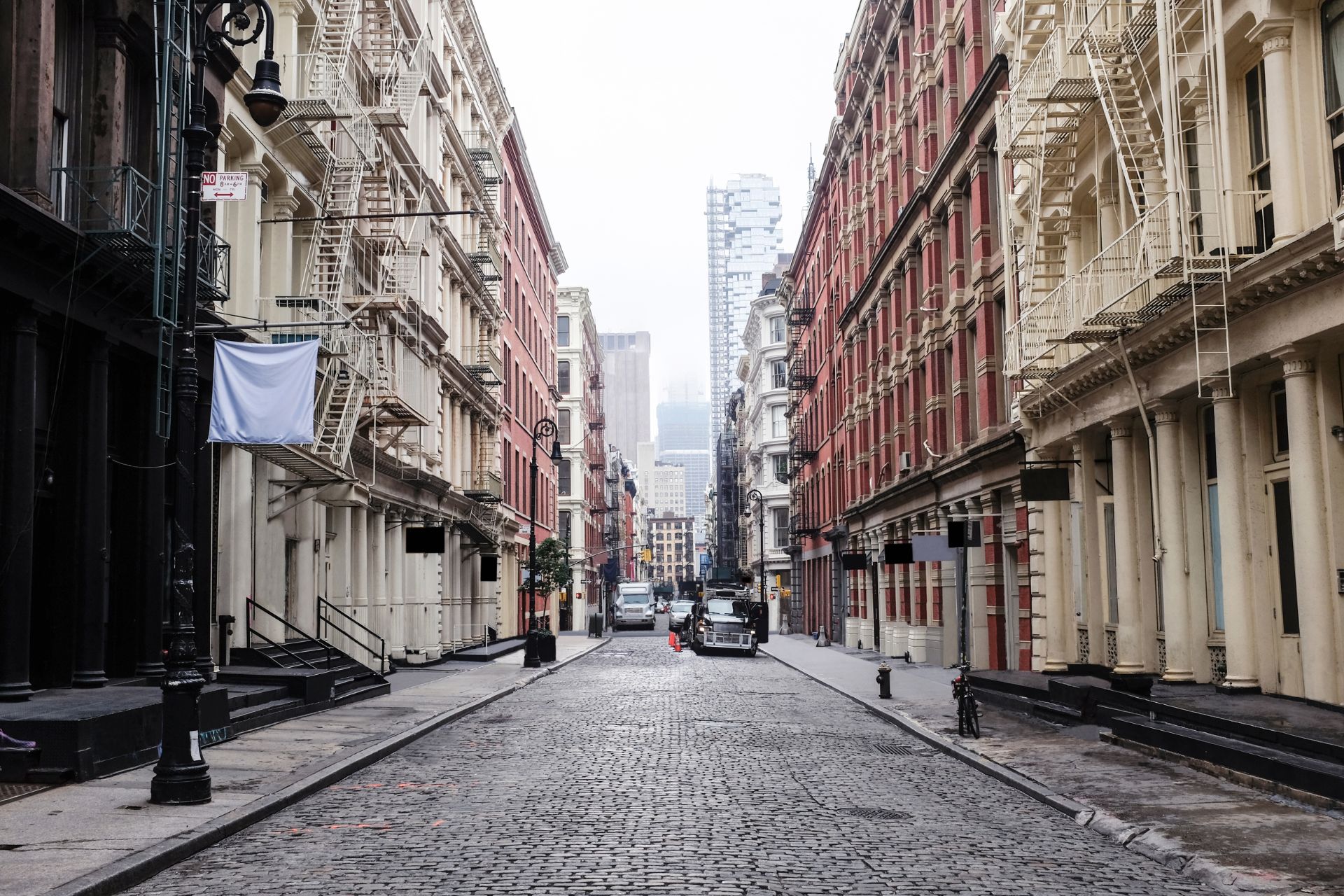
Howard Husock of the American Enterprise Institute highlighted that private involvement is not new but could deepen significantly. “Private money and private management in public housing is something that is already happening,” he noted. Still, outright property sales could have long-term consequences for low-income New Yorkers, further displacing vulnerable populations.
Higher Costs and Economic Impact
NYCHA’s financial woes are compounded by rising costs for renovations and materials, which could worsen under Trump’s proposed tariffs on imported goods. These tariffs are expected to increase the cost of essential materials like flooring and appliances, inflating NYCHA’s already staggering repair bill. Derrick Barker, CEO of property financing firm Nectar, remarked, “Tariffs make that more expensive,” a concern echoed by economists monitoring Trump’s economic policies.
The Future of NYCHA Funding Under Trump
NYCHA funding under Trump’s administration presents a complex mix of challenges and uncertainties. From potential budget cuts and privatization to stricter eligibility rules, these changes could fundamentally alter the landscape of public housing in New York City. Experts and advocates alike emphasize the importance of monitoring these developments and advocating for policies that prioritize the needs of NYCHA residents.
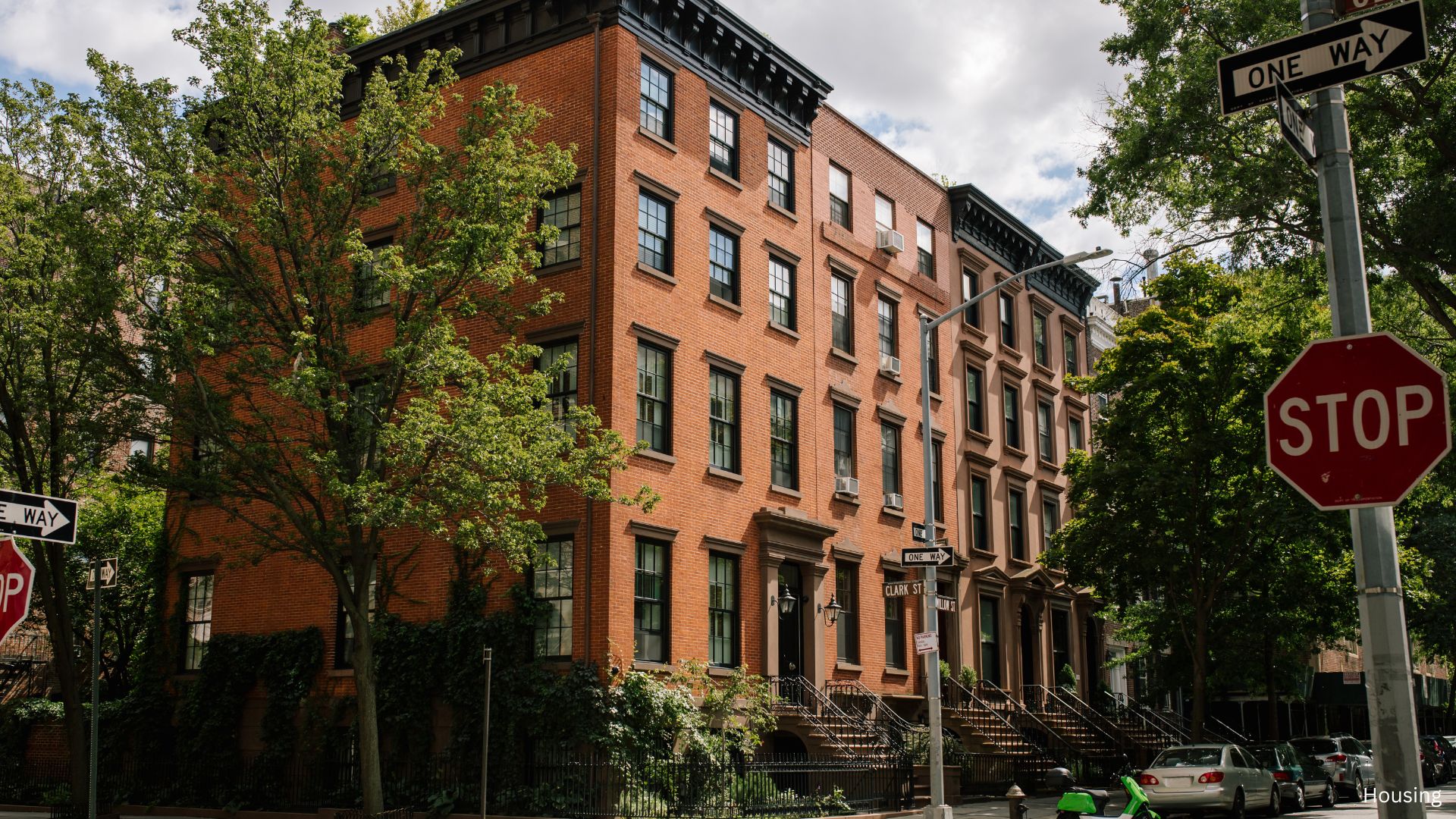
For a deeper dive into these issues, refer to resources like Gothamist’s comprehensive analysis of potential impacts.
Related posts:
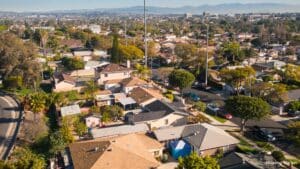 California WUI: Unpacking the Risks and Challenges
California WUI: Unpacking the Risks and Challenges
 California Housing Market Under Trump: What to Expect
California Housing Market Under Trump: What to Expect
 Homes With Low Natural Disaster Risk Are Rising in Value Faster Than High-Risk Properties
Homes With Low Natural Disaster Risk Are Rising in Value Faster Than High-Risk Properties
 Conversion of Shopping Malls: Transforming Retail into Residential Spaces
Conversion of Shopping Malls: Transforming Retail into Residential Spaces
 Increase in Military Housing Allowance in 2025: What Service Members Need to Know
Increase in Military Housing Allowance in 2025: What Service Members Need to Know



